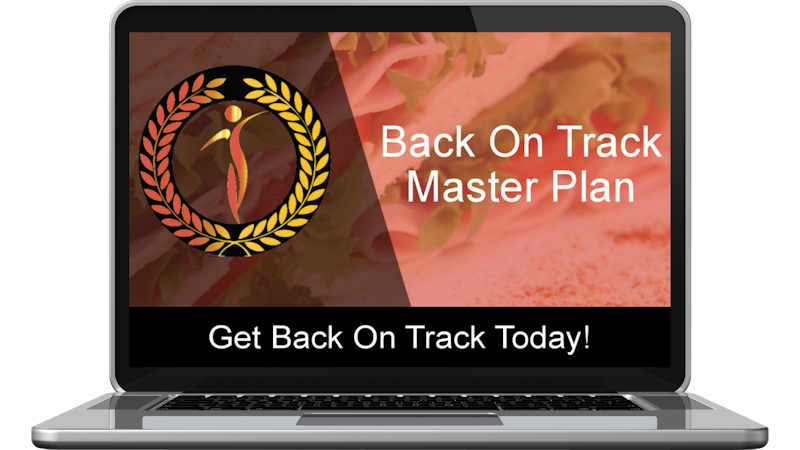In the early years of my psychology private practice, I was stuck by how many of my clients would describe overwhelming feelings that they simply didn’t understand. Often these emotions were very unpleasant. Importantly, they felt they were misplaced… They didn’t feel they were warranted by any circumstance in their current life, and even when recalling their earlier years, they couldn’t pinpoint events or traumas that would result in such powerful dis-ease.
I remember, at the time, thinking how it seemed that events, and responses to these events, had been split off, one from the other. The memories themselves may have faded, but the emotional reactions tended to persist in adult life. Bessel van der Kolk, a trauma theorist, has better articulated this, in recent years, describing how “trauma returns, not as a memory, but as a reaction”. And herein exists the world of triggers… Something – even something unconscious - in our current world, activates a painful memory. But it’s not the memory which ignites, but the emotion we felt at the time. In the current moment, we may feel incredibly hurt, angry, rattled or sensitive, and feel the response is disproportionate to the event at hand that ignited the memory.
In my mind, I had an image of each person carrying around a rucksack of feelings, disjoined and disconnected from the events that first evoked them. Humans have a need to rationalise and understand our experiences. This becomes difficult when a feeling gets evoked or activated, severed from a memory, and highly charged in real time.
How these powerful emotions are dealt with depends largely on the psychology of the individual. Some people are able to notice their discomfort, become curious about it, engage with it, sit with it and release it. Others do that sometimes, but also seek to calm themselves with self-soothing behaviours that may help in the very short term, but harm in the long run, like substance abuse, social isolation, rage, excessive anxiety and distraction.
And some of us eat!
This is how compulsive behaviour begins, and gains traction. Compulsive behaviour is just URGE-based behaviour. We get a ‘feeling’. We don’t like the feeling, nor understand it. And we want to change that feeling. And so, we employ whatever method has worked, over time, to accomplish that.
What can we do to change that feeling?
So compulsions are simply urges to shift a feeling. I explain to my clients who struggle, whether bariatric or otherwise, the opposite of compulsion is mindfulness. And so the antidote to urges to drink, drug, binge, rage, isolate, etc, is always going to be to slow down, breathe, and connect to the actual moment that you are in. Not the triggered one. Not the memory or response that was triggered by something distressing. And not the future-reality on the other side of an ‘act out’ that may feel “better”. But to pause. Breathe. Centre oneself. And keep going.
You don't have to become a yogi or travel to an ashram. You don't have to do anything really, other than just slow down. And when you slow down, the urges calm down a little, and you get a better handle on what's going on.
And the more you do this, the more you are able to do it, and the more it becomes part of your skills repertoire for effective life management!

